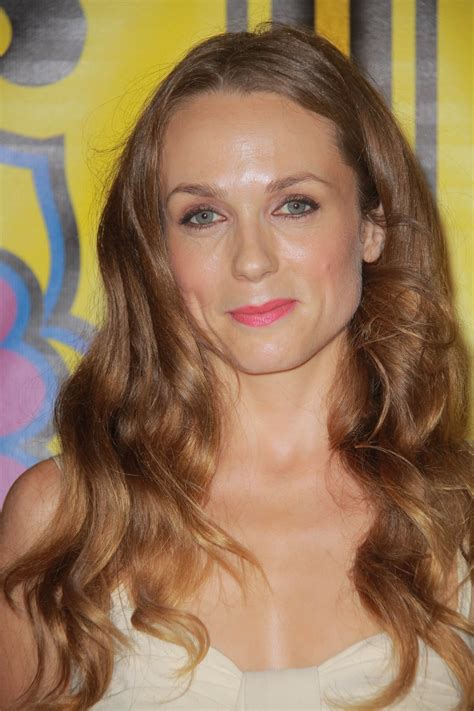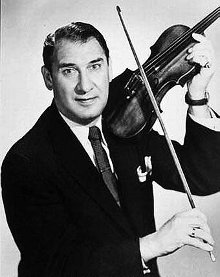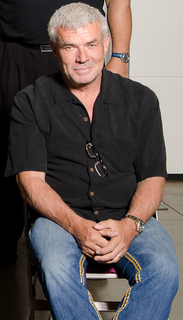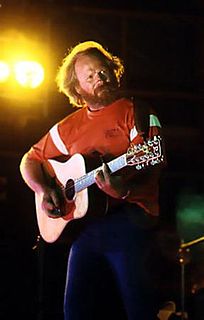A Quote by Mark Cuban
Sometimes you buy the horse, sometimes you invest in the jockey. It really comes down to the actual business and the upside.
Related Quotes
Sometimes not honoring your character makes for really good television, but that also can really upset fans. You have to turn things upside sometimes. As a storyteller, you have to know that sometimes you're going to let your fans and the audience down because you have to do your part in servicing the story.
All horses are different - sometimes they have a long neck - so you don't ride the same way on every horse. It depends on their body, and your body, but the object is to get down low so you're aerodynamic, so you call pull from the horse through the head. The best jockeys do that really well, and know how much to push.
I do like to work. Some jobs are better than others. That's the thing: You really don't know. I've enjoyed making movies for lots of different reasons. Sometimes, it was the other people. Sometimes, it was the fact that I was really good in it. Sometimes, it was the location. Sometimes, it was the paycheck.
I'm a huge fan of voice memos. I put down many ideas there and sometimes I even use some of those audio files in my actual recordings. You get this really raw energy from voice memos that you can't get when you sit down in a studio with a microphone. There's this sense of immediacy, which I'm really drawn to.
I've noticed a lot of people talking about the wealth of roles for powerful women in television lately. And when I look around the room at the women here and I think about the performances that I've watched this year, what I see actually are women who are sometimes powerful and sometimes not. Sometimes sexy and sometimes not. Sometimes honourable and sometimes not. And what I think is new is the wealth of roles for actual women in television and in film. That's what I think is revolutionary and evolutionary and it's what turning me on.




































